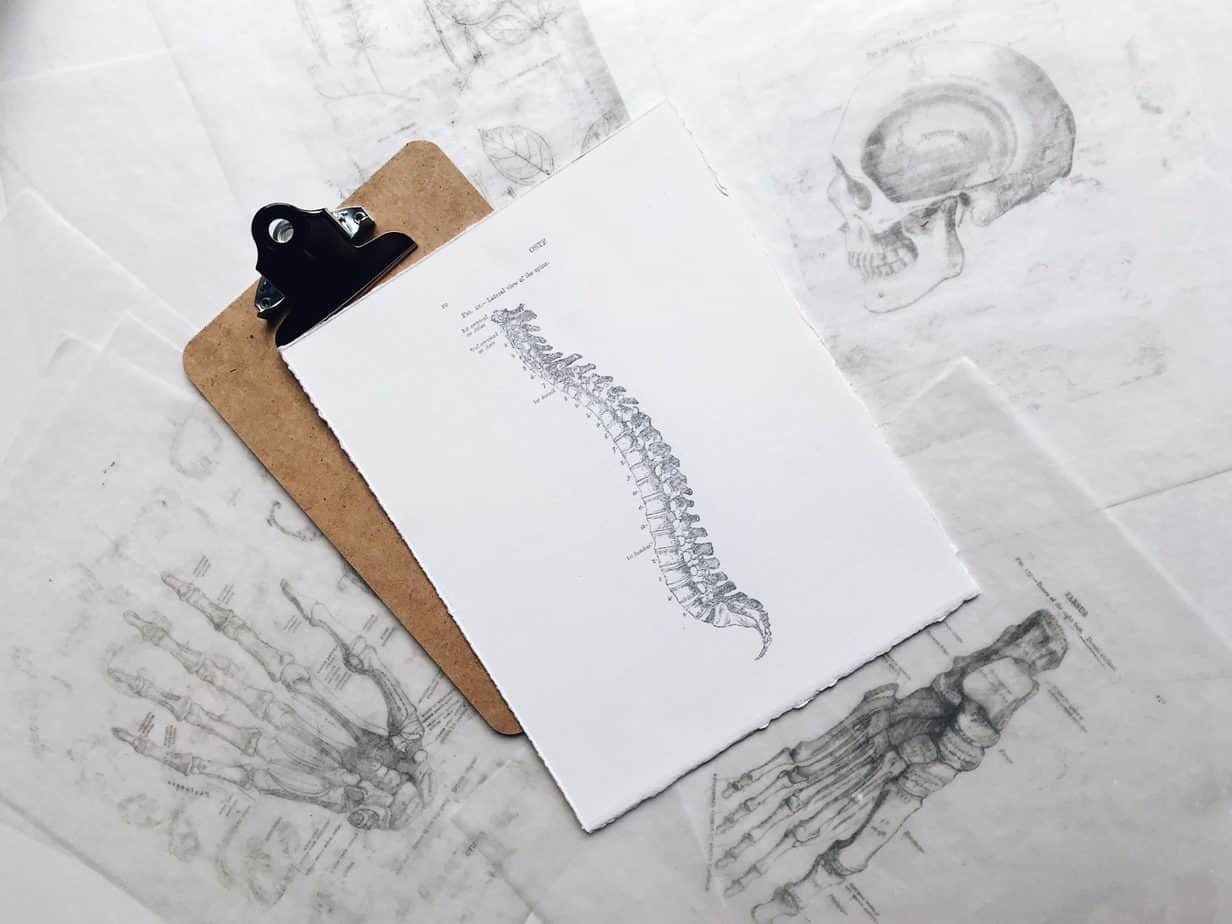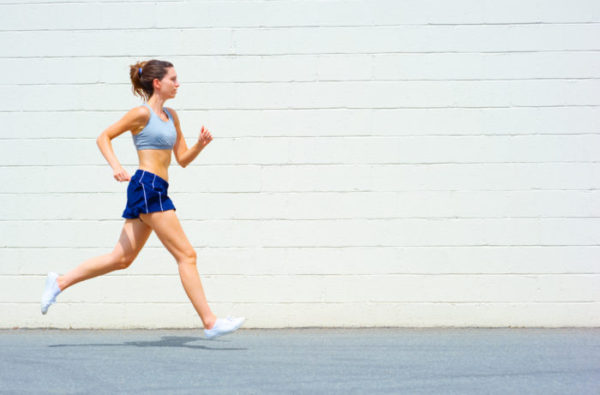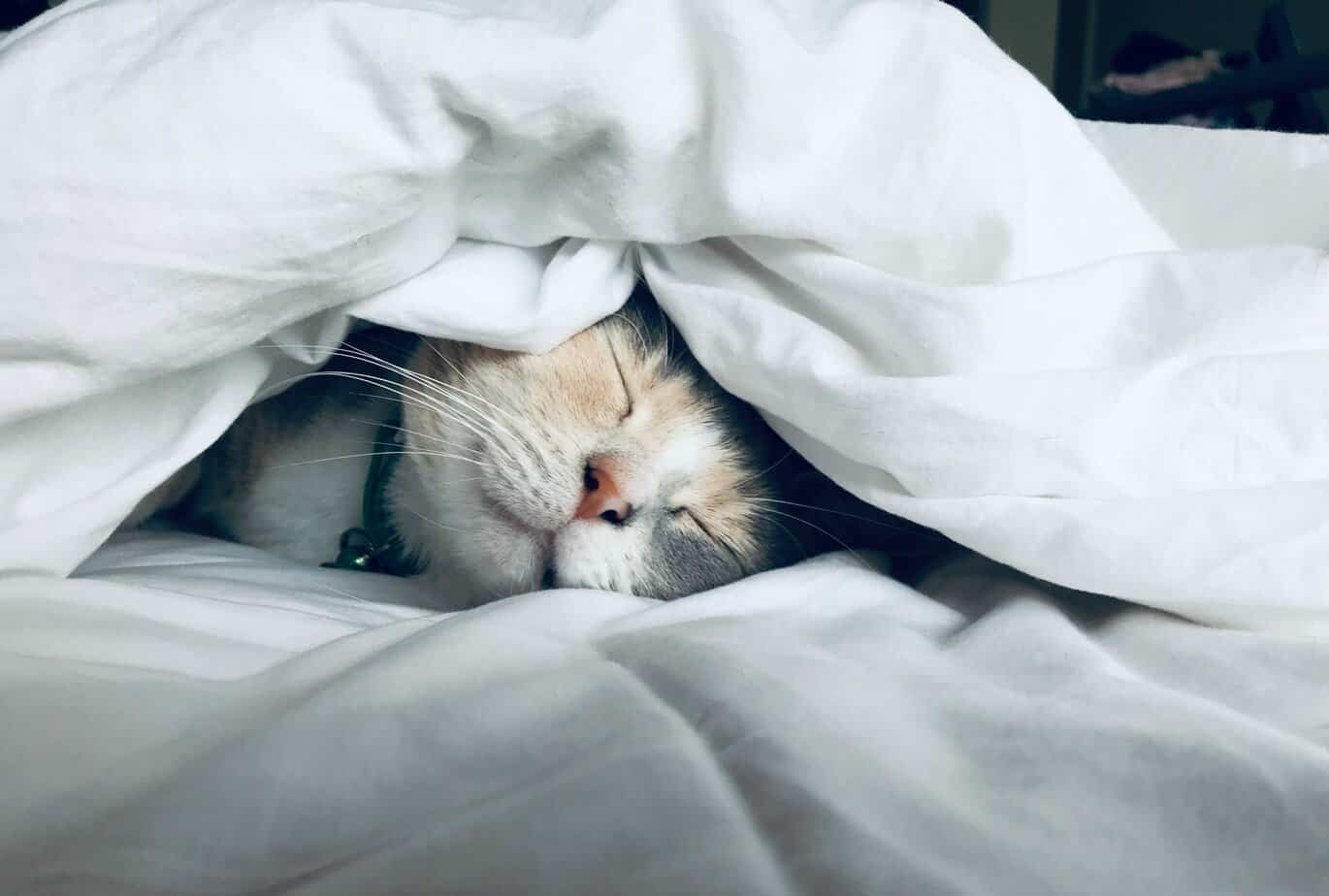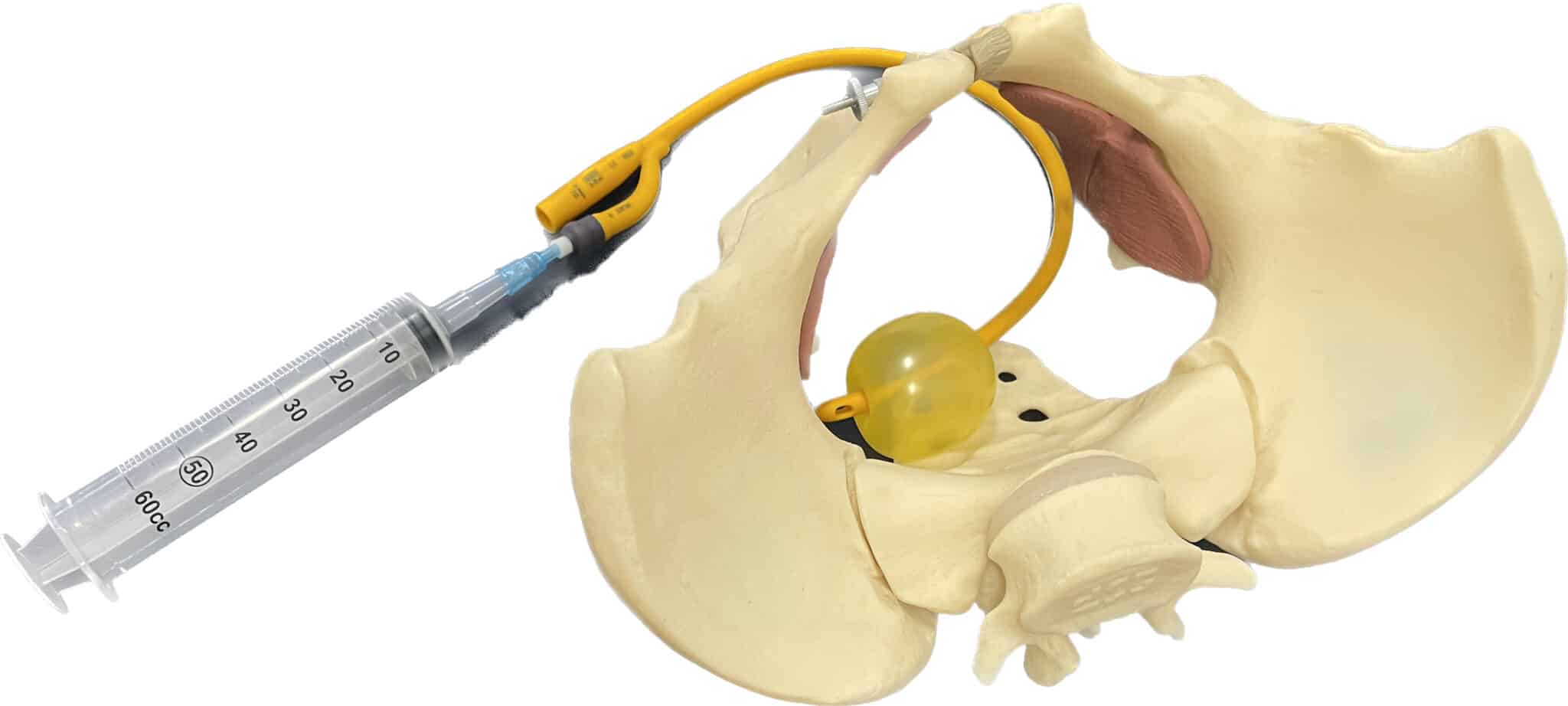Hydration and Your Bladder
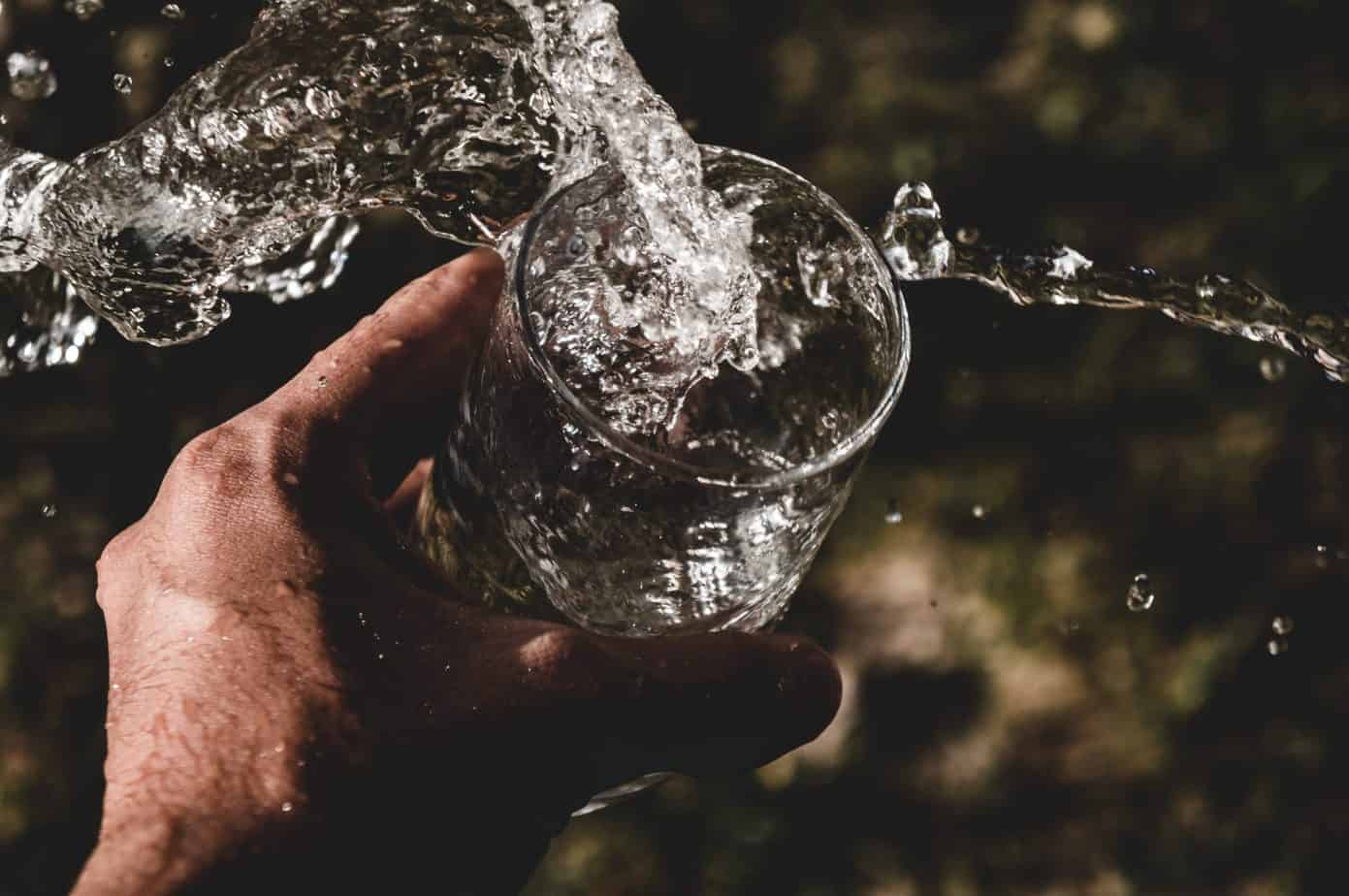
All the beverages that we consume throughout the day in one shape or form end up in our bladder. All beverages, outside of water, contain products that can actually irritate our bladder.
Some of these include:
- Caffeinated beverages (coffee and tea- even decaffeinated tea and coffee still have caffeine in them)
- Alcohol
- Citrus fruit or juice
This “irritation” in our bladder, can sometimes be mistaken as a signal to use the bathroom.
Doesn’t seem like such a big deal, Right? It actually can be.
If we start using the bathroom more frequently than normal, and at every signal that we feel the urge to go, your body soon starts to assume this is the norm. This can lead to your body believing you need to urinate every time this sensation occurs and losing the ability to hold your urine.
How can you prevent this?
Well there’s a few key points that you should keep in mind.
- DRINK MORE WATER!
Seems like a contradiction. Water will actually dilute anything in your bladder that could potentially irritate you. When your urine is less concentrated, there’s less of a chance of you getting a misguided signal.
- By water we mean clear, plain water
2. On average most adults should only be using the bathroom about 6-8 times a day (That is about every 2-5 hours). You can keep a log of what you’re drinking, and see if there’s anything you’re having throughout the day that is making you go to the bathroom.
3. When you feel a sensation like you have to go to the bathroom, don’t immediately run to the bathroom, first stop to see if the urge to go continues, or if it’s not a “true” signal.
How can we help?
We can happily address these and any other concerns you may have. At Body Harmony Physical Therapy we have up to one hour consultations. This gives us ample time to address many concerns and develop a comprehensive plan of care for your specific needs.
References
Willis-Gray, M. G., Dieter, A. A., & Geller, E. J. (2016). Evaluation and management of overactive bladder: strategies for optimizing care. Research and reports in urology, 8, 113–122. https://doi.org/10.2147/RRU.S93636



